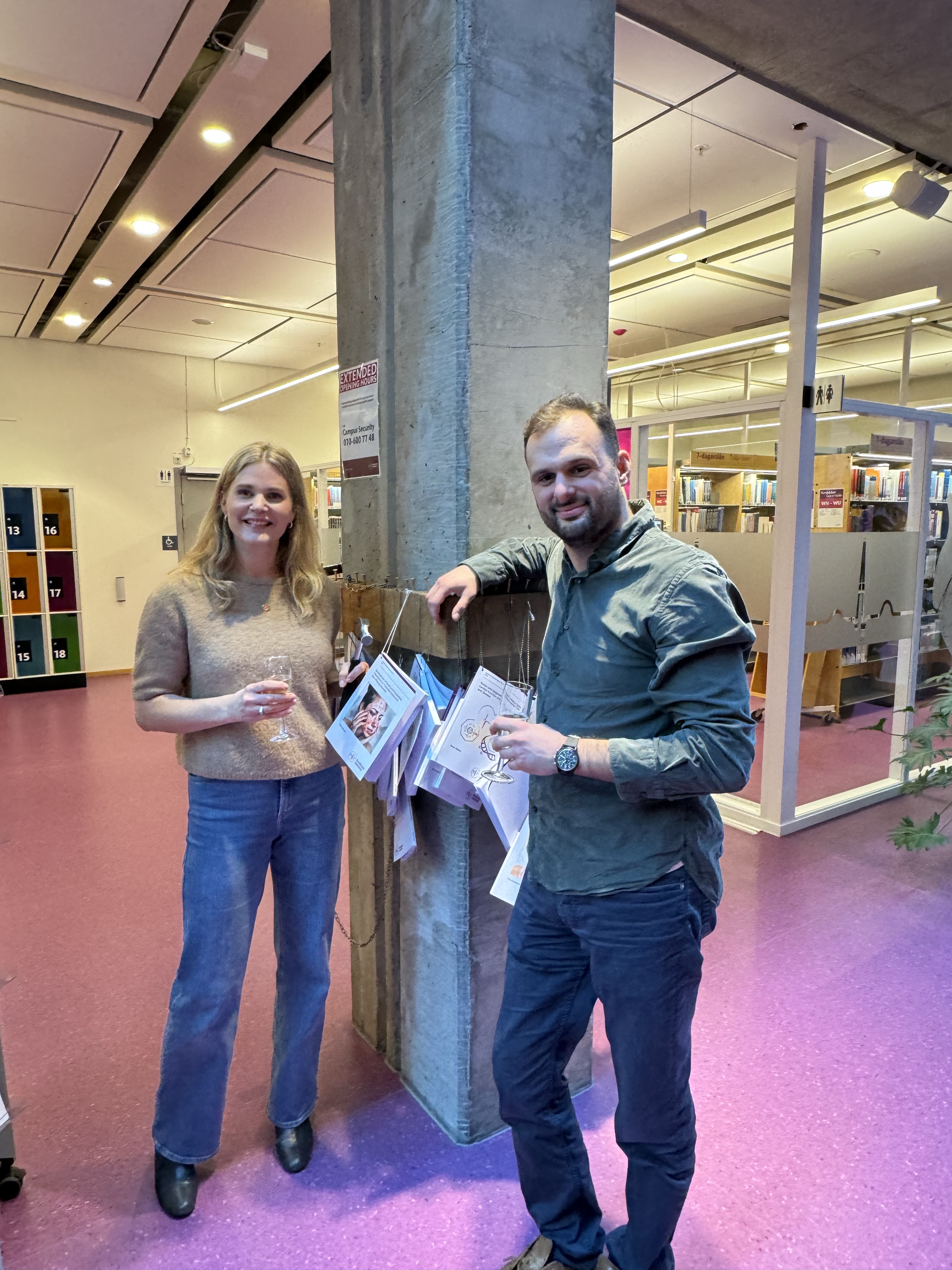Fresh as a spring sign, we have a new postdoc in the group!

Fredrik Johansson starts as the new postdoc in the Wallert statistical modeling team. He describes his research as follows:
“My research within Rücklab focuses on causal and predictive modeling of suicide, both for people in closed psychiatric compulsory care but also in the general population. Based on a combination of registry data and genetic data, we try to improve the possibilities to predict who is at high risk of suicide, but also to understand what lies behind suicide in these different groups. Another research focus is treatment outcomes after internet-mediated CBT. Again, we are using registry data and genetic data, but also clinical data collected during treatment to better predict various relevant treatment outcomes and to understand processes that lead to successful treatment outcomes.”
Welcome, Fredrik!












